Home » Blog » 如何正確使用主動式動詞描述學術研究論文中的分析與現象?
如何正確使用主動式動詞描述學術研究論文中的分析與現象?
作者: Wallace
發布日期: 2014 / 9 / 25, |
1782 |
人已瀏覽 |

以下是與華樂絲合作過的客戶

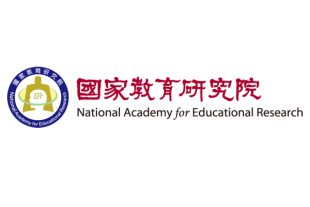
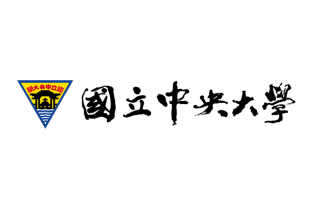
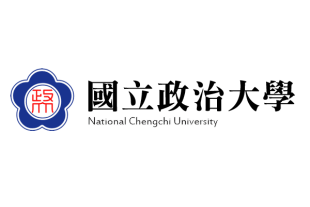
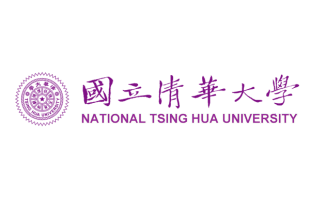

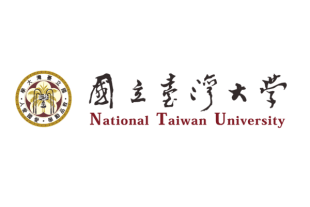
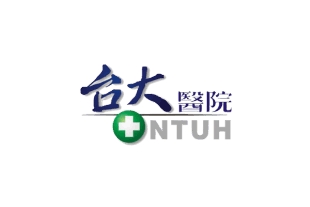
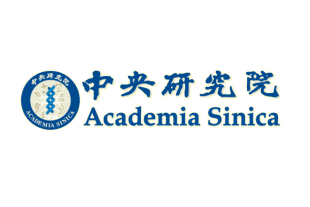











提問:「我已閱讀您之前關於論文動詞時態的文章。可否請您談談,討論文獻貢獻時該使用那些動詞,以及描述現象時該使用那些動詞?」
―逢甲大學博士後研究員 法蘭克‧張
回答:
寫作的時候,我們常常習慣性偷懶,選用動詞時尤其如此。
我們傾向使用像 deal with 或 show 這類的萬用動詞,它們雖然聽起來專業又帥氣,但倘若在一篇文章內使用次數頻繁,其意義也更顯薄弱。
在期刊文章中,這些動詞出現的次數驚人,出現的次數甚至到了驚人的地步。但遺憾的是它們無法傳遞分析性意義,甚至不具任何訊息價值。最令人感到失望的是,deal with 和 show 常常只是非常粗糙的替代品,用以取代 theorize、suggest、imply、propose 等較具主動性和分析性的動詞。
相較之下,Chen hypothesized 和 Figure 1 represents 比 Chen dealt with 和 Figure 1 shows來得有意義且具體的多。寫作時應該選擇精確而非模糊的字詞,特別是當有主動性動詞可使用時。
在學術論文寫作中,精進寫作風格最簡明的方法之一便是學習如何安排、運用主動性動詞。在形容自己或其他作者已完成,或正在進行的研究時,主動性動詞(無論現在式或過去式)特別能發揮意義上的功能。以下情況均應使用主動性動詞:
文獻回顧中,欲以簡潔且具分析意義的詞彙描述他人研究時:
Phillip Chang (2008) proposes a mechanism explaining increased silica solubility in the presence of two small organic acids.
解讀自己的實驗,欲說明所觀察到的趨勢時:
The results of this study challenge findings from similar studies about analytic concentration varying with sample location.
撰寫論文主題或客觀陳述,欲預告論文將討論的資訊時:
This study characterizes wetlands by their water chemistry and postulates that water chemistry varies with water source and wetland type.
提到圖片、表格或公式,欲定義其用途時:
Figure 4 depicts grain growth that occurred after the ceramic was sintered for three hours.
華樂絲編輯團隊於瀏覽期刊、觀摩優秀作者如何形容自己與他人研究後篩選出以下實用的主動性動詞,當中每個字都有獨特且具分析功能的字意。
寫作時請選擇最適合文章情境的動詞,比方說 construct、challenge和 extrapolate 分別代表不同意思,在使用上必須特別留意。
用於描述研究或分析性思考的「主動性動詞」
| yieldmean prove postulate estimate compare generalize note delineate acknowledge determine set forth maintain investigate devise assume |
illustratesuggest insist consider define hypothesize narrate predict depict distinguish detail deduce believe assess construct argue |
illuminateclarify propose infer classify synthesize evaluate introduce construe inform sum up derive speculate determine evaluate reiterate |
revealindicate imply state invoke summarize simplify report interpret specify designate characterize present calculate attribute discover |
employrepresent assert extrapolate analyze disagree measure challenge provide restrict point out guide organize support obtain decide |
使用「主動性動詞」描述現象
- … to cut or split something into two theoretically and essentially equal parts.
- … to bisect.
以上兩種英文用法,您傾向選擇哪一種?是較長的句子或簡單的一個動詞?另外,下面哪種說法在閱讀和書寫上比較順暢:unite into what is essentially one body,還是 coalesce?
在解釋科學現象時,如果能使用生動、精準、直接、有力且響亮的單字動詞,較能抓住讀者的注意力,文章也不會流於冗長或語意模糊。但作者往往為了給讀者留下深刻印象,不禁寫下 The device is prone to the submission of one pulse every twelve seconds 這樣繁瑣的句子,其實寫成簡潔精確的句子 The device transmits one pulse every twelve seconds 即可。
請避免將動詞過度複雜化,並記住動詞的作用是要主動且有效地描述某動作。
許多動詞常用於某個領域中,卻極少出現在其他領域。因此,熟悉自己領域中有哪些標準且常用的動詞很重要。例如,induce 的意思是以感應產生電流或磁效應,為物理或電子工程學的標準單字;sinter 的意思是在為熔化的情況下焊接,為冶金學領域熟悉且好用的單字(同時亦為地理學名詞)。
英語中存在許多意義精確的單字動詞供作者使用,在此所列出的動詞並不完全,但都已經過篩選,確實為優秀作者常用的動詞選擇,您可放心參考這些表格內所選出的動詞。
表中動詞隨機陳列,意在強調這些詞無法交替使用,也不能隨意擇用。雖然表中動詞無法涵蓋所有要描述的現象,但是在動詞類別的選用上,確實可以提供一些線索。要成為一位有效率、精確且可信的學術論文作者,應力求使用最確實、簡潔的動詞。
我們常收到作者反應在撰寫論文時,為了讓自己保持使用主動性單字動詞的思維,他們會隨時查閱這個列表。如果對某個動詞的意思沒有把握,請務必在使用前查清楚。
用於描述現象的「主動式動詞」簡表
| dischargeexchange emit exude converge contract continue bond encompass deposit invade reclaim precede orient activate condense link appear superpose disperse accelerate |
overlieseparate transmit interact extend trend mix interlock access underlie permeate restore influence distribute cease enrich superimpose require crystallize disseminate transfer |
emanatesurround carry behave constrain plunge slow fuse traverse overlap evolve abandon saturate allow record invert rotate ascend bisect disintegrate penetrate |
radiatecombine bombard exchange force occur quicken deteriorate join originate divide contain circulate lag form convert rupture descend cede propel halt |
scattereliminate exert absorb elongate fracture produce migrate dominate isolate sinter accrue forecast terminate transect alter streamline collapse coalesce repel curb |
希望我們的英文寫作、英文文法教學及論文期刊投稿指導文章有幫到您!
若有英文編修需求,請試試我們的免費300字試用服務,華樂絲英文編修品質絕對會讓您滿意:
部落格分類標籤: 文法和寫作
訂閱電子報
提供英文文法、中英翻譯、英文寫作技巧以及碩博士生涯規畫等,專為台灣碩博士生與研究者量身打造的學習內容。每週自動寄送至您指定的Email信箱,隨時都能取消訂閱。
超過 315,000 名中港台碩博士生與研究人員訂閱
華樂絲服務項目
文章搜尋
文章分類
演講活動
|
2020.11.27 - 國立臺北科技大學 |
|
2020.11.19 - 工業技術研究院 |
|
2020.11.17 - 國立臺灣大學 |
|
2020.6.16 - 工業技術研究院人力處 |
|
2020.2.6 - 國立交通大學產學運籌中心 |
| 邀請Dr. Steve Wallace演講 |

